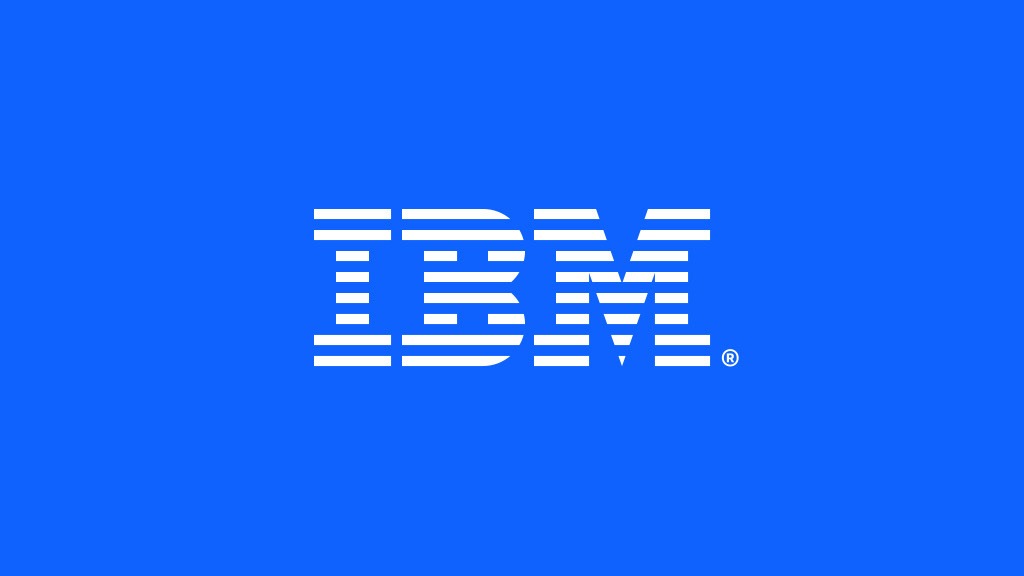IBM has agreed to acquire HashiCorp, a provider of multi-cloud infrastructure automation software, for $6.4 billion in cash.
The deal underscores IBM's efforts to strengthen its hybrid cloud computing capabilities as enterprises grapple with managing increasingly complex IT environments spanning multiple clouds and on-premises data centres.
HashiCorp's suite of open source tools, most notably Terraform, helps companies provision and manage computing infrastructure across different cloud platforms using code. Its products are popular among developers and widely adopted, with over 500 million downloads last year and customers including major banks, tech firms and retailers.
IBM chief exec Arvind Krishna said that "HashiCorp has a proven track record of enabling clients to manage the complexity of today's infrastructure and application sprawl," adding that the addition of HashiCorp's technologies will create a "comprehensive hybrid cloud platform designed for the AI era," referring to the rapid adoption of resource-intensive AI workloads.
The deal comes as IBM doubles down on the hybrid cloud computing market after acquiring open source giant Red Hat for $34 billion in 2019. By combining HashiCorp's infrastructure automation tools with Red Hat's OpenShift platform, IBM aims to offer a more streamlined way for enterprises to build, deploy and manage workloads across their hybrid environments.
The all-cash transaction values HashiCorp at £28 per share, a 32 per cent premium over the company's closing stock price on 8 May. It is expected to complete by the end of 2024, subject to shareholder and regulatory approvals.
Latest News
-
BAE Systems launches UK tech incubator scheme
-
Morrisons to launch real-time engagement tech across stores
-
Crypto exchange Gemini to cut workers, exit UK, EU and Australia amid market slump
-
Anthropic unveils Claude Opus 4.6 as enterprise AI race intensifies
-
Government to collaborate with Microsoft on deepfake detection framework
-
50% of firms will rehire staff laid off due to AI by 2027, predicts Gartner
The future-ready CFO: Driving strategic growth and innovation
This National Technology News webinar sponsored by Sage will explore how CFOs can leverage their unique blend of financial acumen, technological savvy, and strategic mindset to foster cross-functional collaboration and shape overall company direction. Attendees will gain insights into breaking down operational silos, aligning goals across departments like IT, operations, HR, and marketing, and utilising technology to enable real-time data sharing and visibility.
The corporate roadmap to payment excellence: Keeping pace with emerging trends to maximise growth opportunities
In today's rapidly evolving finance and accounting landscape, one of the biggest challenges organisations face is attracting and retaining top talent. As automation and AI revolutionise the profession, finance teams require new skillsets centred on analysis, collaboration, and strategic thinking to drive sustainable competitive advantage.
© 2019 Perspective Publishing Privacy & Cookies









Recent Stories